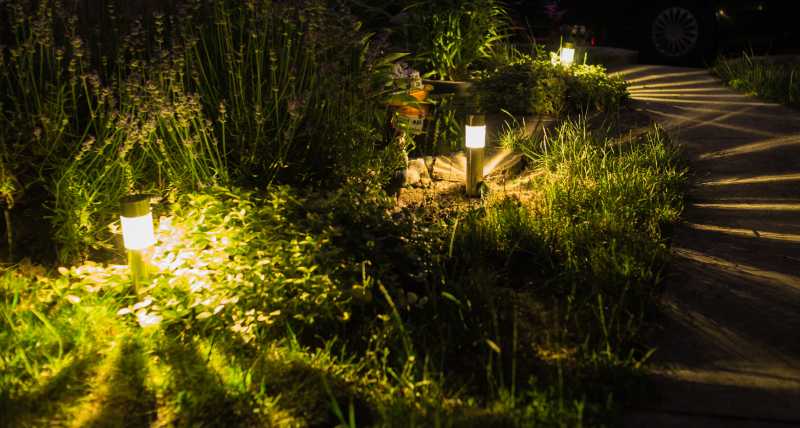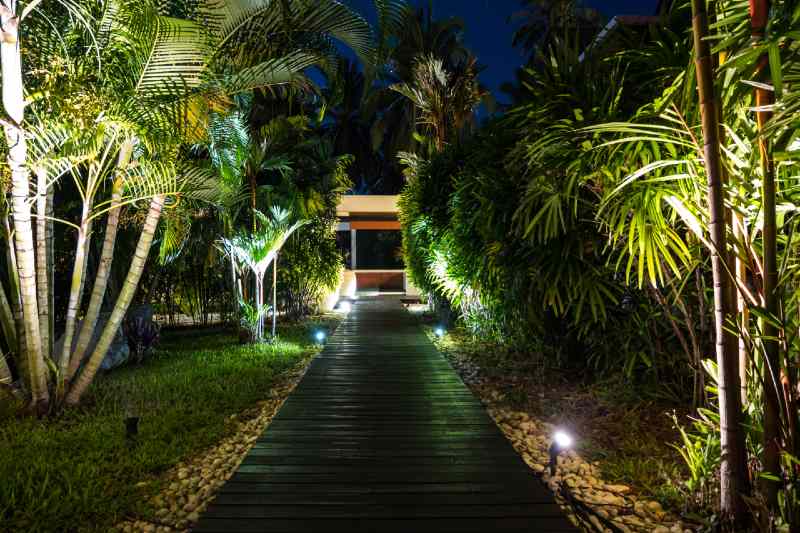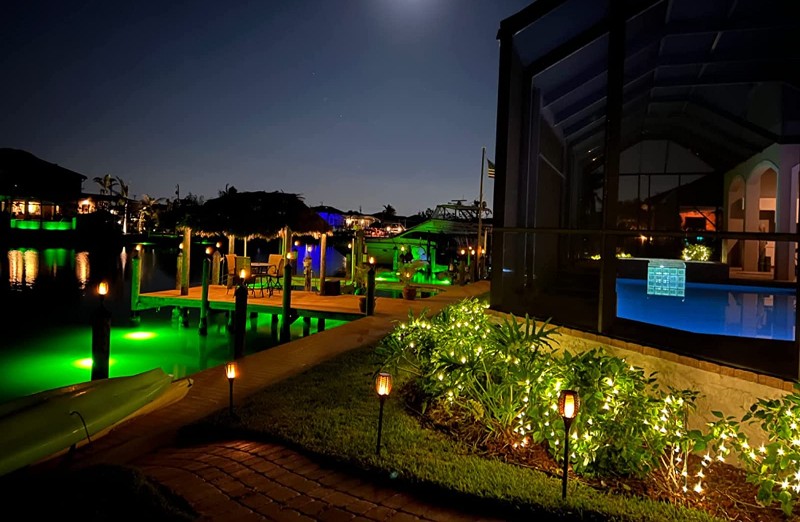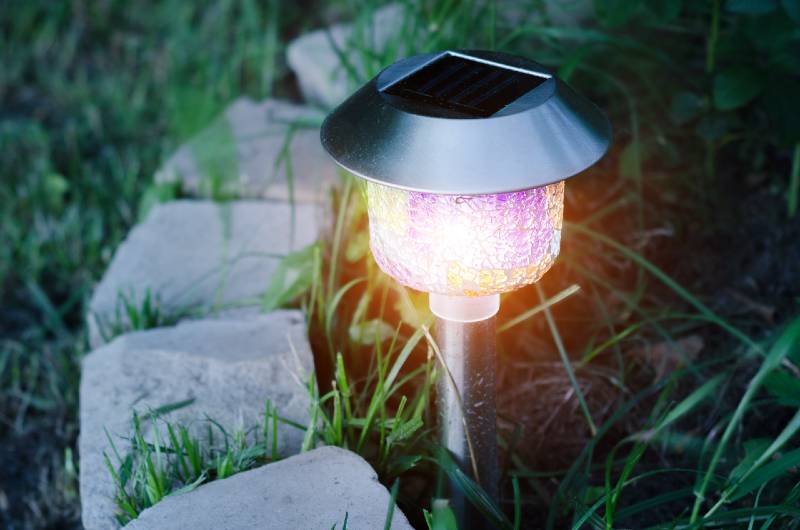The solar lights industry has dramatically evolved over the past few years and now we have plenty of high-quality lights with very reasonable prices.
But, when it comes to solar lights, one of the most asked questions is: Are solar lights bright enough?
Luckily, in this article, we will thoroughly answer your questions including:
- What is Meant by Lumens and Wattage in Solar Lights
- How Bright are Solar Lights
- How Many Lumens Do I Need for Solar Lights
So without further ado, let’s jump right into it.
Related Article: How Do Solar Powered Lights Work
What is Meant by Lumens and Wattage in Solar Lights?
Before answering your question, first, you need to understand the difference between Lumens and Wattage.
- Lumens: This measures how bright your solar light is
- Wattage: This measures how much energy your solar light uses
If you are looking for a bright solar powered light, then think Lumens, not Watts, as the higher lumens your solar light is the brighter it will be.
Ideally, you need to opt for solar lights with high lumens and low wattage, as it won’t drain your battery quickly and make sure your bright lights last longer.
Related Article: How Long Do Solar Lights Last
How Bright are Solar Lights?
Solar lights are available in many different brightness levels starting from a small 10 lumens accent lighting to very powerful 10,000 lumens flood and street lights.
In the next section, we will go through the most common types of solar lights and how bright are they.
Related Article: 39+ Different Types of Solar Lights and How to Use Them
How Many Lumens Do I Need for Solar Lights?
The number of lumens you need varies depending on:
- The area you wish to illuminate
- Coverage Distance
- How bright you want this area to be (high-intensity light or more vivid and smooth one)
Here is a small cheat sheet for the type of light and the suitable number of lumens:
- Step lights: 12:100 lumens
- Fence lights: 50:200 lumens
- Landscape lights: 50:300 lumens
- Path lights: 100:250 lumens
- Security Lights: 300:700 lumens
- Street lights: 5000+ lumens
Note: The brightness of the light can vary depending on the amount of sunlight it gets during the day. For example, the solar light will appear to be less bright on gloomy days than it’s on sunny summer days.
Related Article: How to Choose the Best Solar Light on the Market
Last Words
We really hope you find this article helpful and we thoroughly answered all your questions.
If you have any other solar related question, please feel free to share your thoughts with us in the comment section below.





